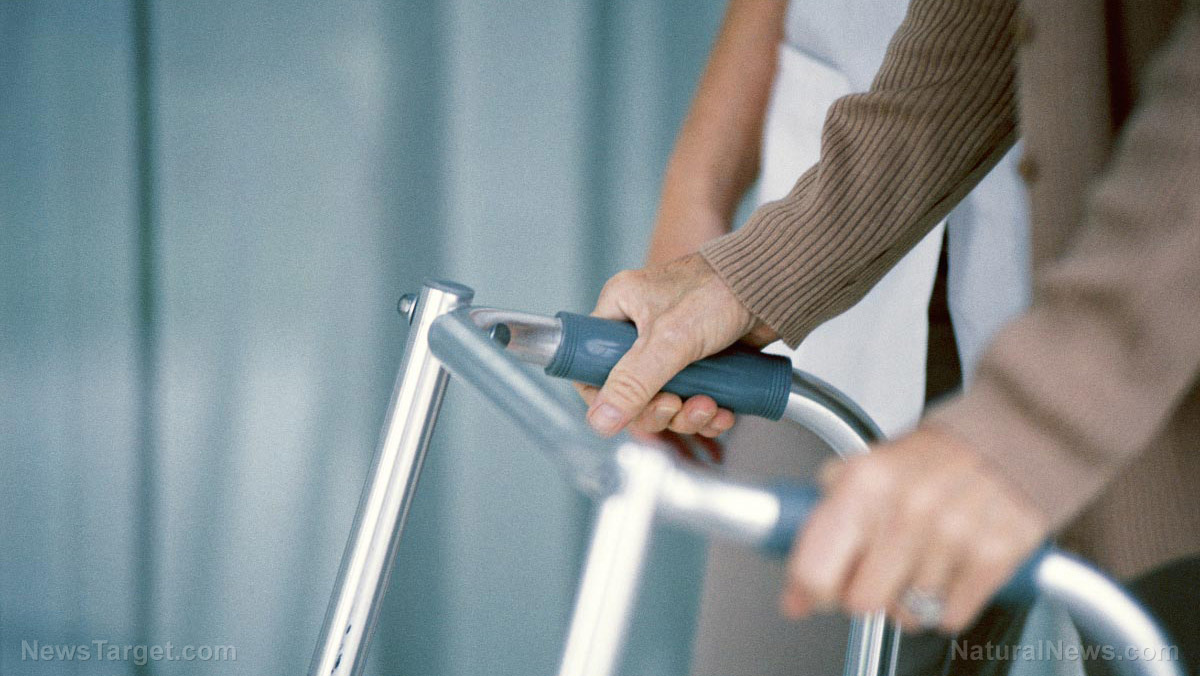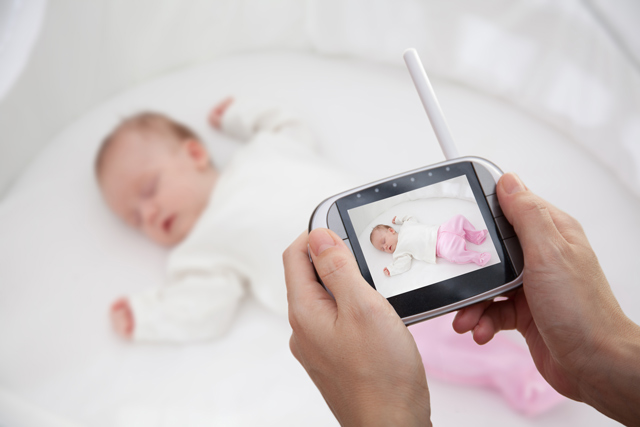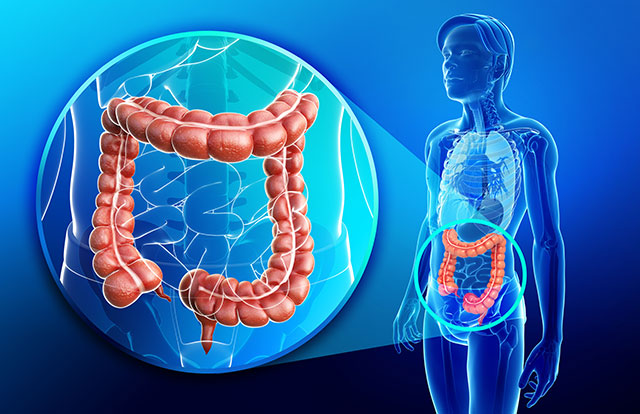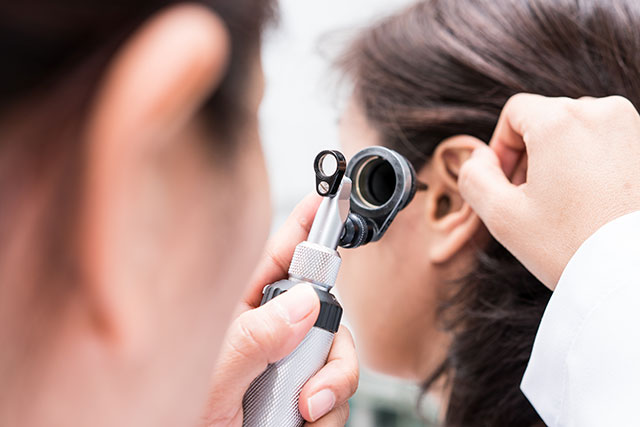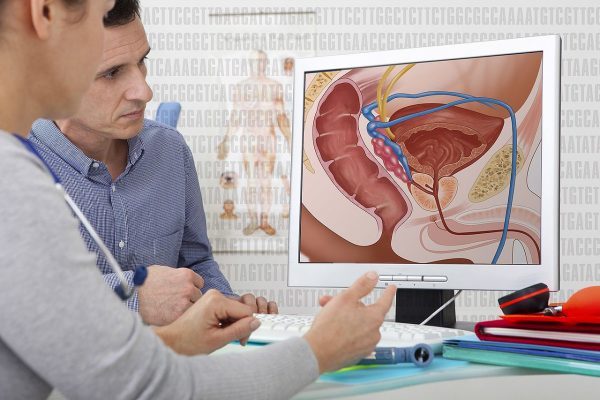Thanks to a new portable medical kit devised by Scottish researchers, U.K. soldiers with badly injured limbs will have a much better chance at avoiding amputations, reported The National.
The pioneering system traces its roots to a study conducted by Strathclyde University (Strathclyde) into injuries sustained by U.K. armed forces personnel from improvised explosive devices (IEDs). Armed with that grisly knowledge, the research team came up with a three-stage method that could be used by medics in the battlefield.
The initial treatment stage employs a brand new tourniquet that can apply pressure to vital parts of the limb. The brace is designed to minimize blood loss and limit injury that might stem from abrupt movement.
Next, a cooling sleeve will be wrapped around the tissue of the limb. The sock-like garment will protect against further damage while the injured soldier is being brought to a clinic or hospital.
Once the casualty has reached an operating room, the limb will be placed inside a container with carefully decontaminated air that lowers the risk of infection. The container is also designed to stimulate blood flow to the injured area.
Combined, all three states and their associated equipment will ensure doctors have a much better chance of saving the limb.
The new medical kit weighs just 11 kilos. It is designed to be easily carried.
Strathclyde researchers believe it will be invaluable during disaster relief operations and in isolated regions which cannot be accessed by specialist care. (Related: Energy-absorbing plastic frame developed to protect troops from blasts that harm the brain.)
A life support system for an entire limb
The research project was funded by the Defence Science and Technology Laboratory (DSTL). It is an executive agency of the Ministry of Defence that cooperates on a commercial basis with industries and researchers across the world.
Having passed rigorous trials, the Strathclyde-developed medical kit will now enter commercial sale under the purview of the DSTL. According to the agency, the new kit will save the limbs and lives of many wounded soldiers.
“We looked at every stage of the journey a soldier follows after injury to ensure our solution was designed specifically for them,” explained Dr. Terry Gourlay, a professor at Strathclyde and head of its Biomedical Engineering department.
In essence, their device is a life-support system for the limb that buys the surgeons time to try and repair the damage.
“While this technique may not be right for every injury, it is a hugely important innovation which could save the limbs of many more of those affected,” said Dr. Neal Smith, the DTSL counterpart of Dr. Gourlay.
“It’s a fantastic example of where we work with academics to fund life-changing research which has been turned into a product to improve the quality of life of those injured in service,” he added.
IED victims undergo amputation more often than other injured soldiers
In 2017, a separate Canadian study spent 18 months studying IED victims who were recuperating at a NATO center in Kandahar, Afghanistan. Its findings suggest the rate of amputation was higher for IED victims than those who were injured by ordinary landmines.
Dr. Vivian Charles McAlister of the Royal Canadian Medical Service is the author of the paper. She said that IEDs are so powerful that they inflict extensive injuries on soft tissue in locations away from the injured limbs.
According to her, the way an IED spreads its damage over a large area makes the injury pattern for survivors much worse than the pattern associated with standard explosives.
“It is a weapon, which, of its nature, causes superfluous injury and unnecessary suffering,” Dr. McAlister said regarding IEDS.
Find out more about life-saving inventions at Inventions.news.
Sources include:
TheNational.scot
HeraldScotland.com


